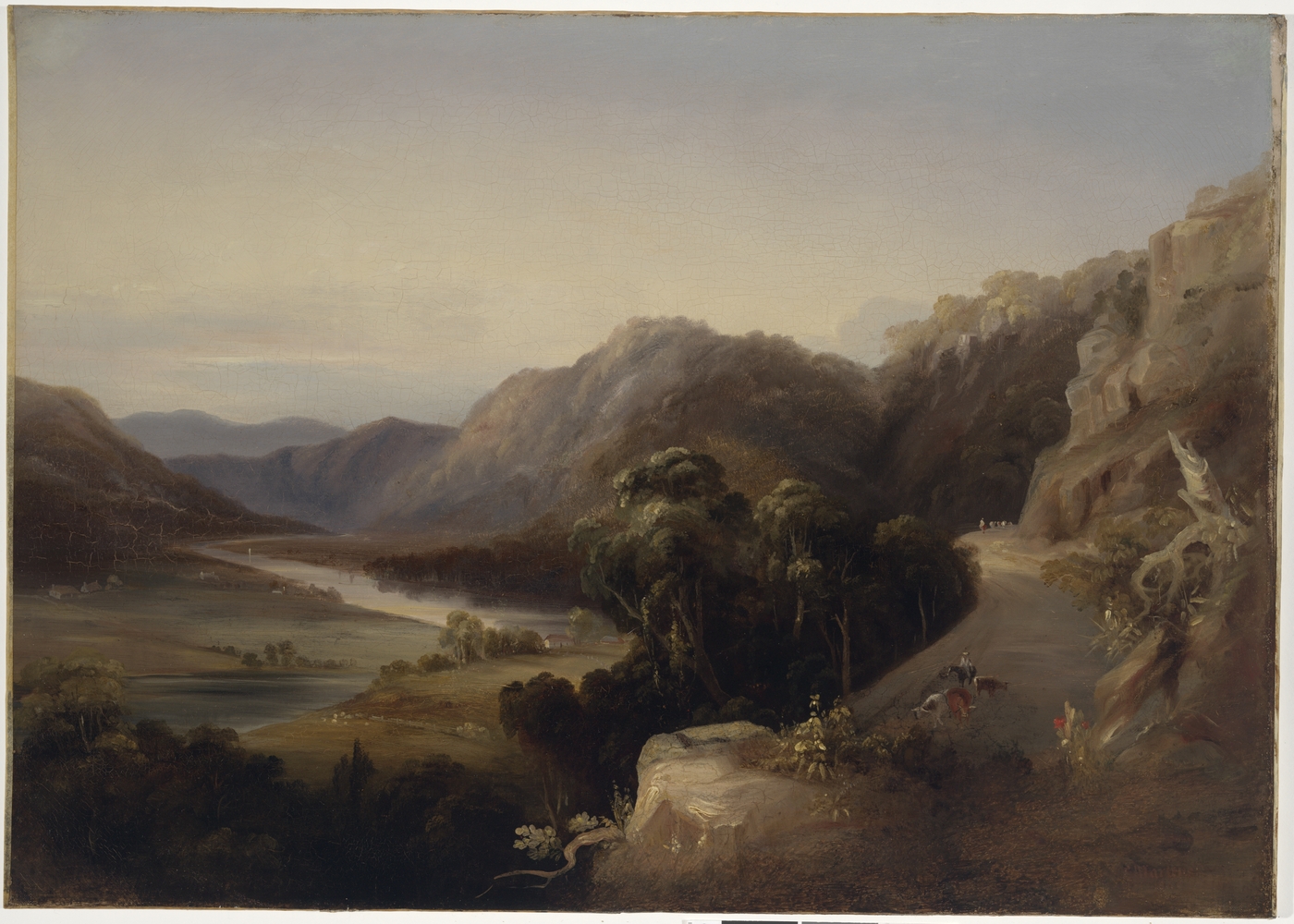The Dictionary of Sydney was archived in 2021.
The Macdonald River, Wiseman’s Road 1840

From the collections of the
(Dixson Galleries)

